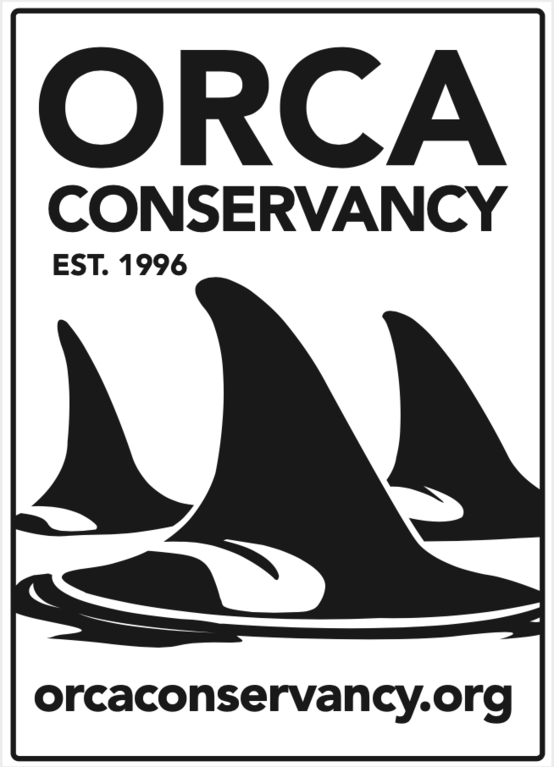Extinction is Forever. Endangered Means There is Still Time…

In this new year, we at OC are reflective on 2018, and for the lessons that it taught us. Last year:
- We all watched J35’s tour of grief, and our beloved J50 struggle to fight for her life that ended so tragically
- We were alarmed by so many reports of the environmental damage that was done to our waters upon the disease-ridden farmed Atlantic salmon that escaped into the Salish Sea when their net pen was breeched near Anacortes
- In many ways we were frustrated at the results from the Orca Task Force
- The SRKWs had no new living babies for three years
- The salmon runs continue deteriorating
- The SRKW population is the lowest it has been in decades
No, 2018 was not a good year, and thus, we felt that theabove headline pretty much tells the story of where we are today.
It’s time for us all to face what is right in front of us, that our Southern Resident Killer Whales are on the brink of extinction, and if we do not make radical changes, they will be forever lost.
So here we are to a new year. Hopefully, 2018 woke the world up to do something about the things we at OC have been fighting for since 1996. We are tentatively hopeful for some positive changes moving forward into 2019, especially since we just celebrated the birth of a brand new Southern Resident Killer Whale in L-Pod this month. So far, L124 aka “Lucky” is doing well, and we are crossing our fingers that this baby will make it through its first year with so many struggles it will face.
We are also hopeful for some new developments that willresult from the new legislative session in salmon recovery.
Already, this year, we have had some victories. The Eel River dams will likely be coming down, specifically, the removal of Scott Dam (at Lake Pillsbury) which will open up approximately 288 miles of salmon habitat!
OC is also currently working with Nathan Hale High School in Seattle on an intensive study program with their students to understand more fully, about orca-friendly practices, and what it means to be living in a critical habitat. Students will be going on field trips and learning about water quality, salmon restoration and production, and will have opportunities, thanks to the Pacific Whale Watch Association to visit the Salish Sea and learn from naturalists about the eco-balance in the critical habitat where our endangered Southern Residents live.
In addition, with Nathan Hale students, OC will be co-designing and launching a brand-new outreach program called OrcaStars. Thanks to our corporate sponsor, Sound Community Bank, the program will support Students to call on businesses to take the pledge to be more orca-friendly in their practices. This includes pledging to be sustainable business leaders in their community to reduce their carbon footprint.
Orca Conservancy will also be participating in numerous community events this year, including a night out at McMenamin’s in Bothell, YMCA’s Earth Service, and Storming the Sound with Salmon. We’ll also be at Sustainamania in Bothell, and also FanFest with the 12s up in Birch Bay this summer. (That’s not the half of it… seriously!)
We are also joining the Save Our Wild Salmon Coalition and will be engaged in the new legislative session, as several initiatives will be front and center to focus on salmon restoration, new orca protection laws, additional scientific research and studies and enforcement to protect our Southern Residents.
We are will be working on two scientific research projects in 2019. One in lieu of the whale watch boats moratorium will deal with enforcement and the impacts of boat noise. And two, taking water temperature samples in local waterways – which we believe is a contributing factors to the decline of our salmon populations.
NOW is the time. Will you join our fight and get involved? We need volunteers to help with so many of these efforts. Check out the volunteer article below and sign up to be a part. There are opportunities to be an integral part of the events listed here, or even just making phone calls or sending emails. You can also learn how to be more mindful in your everyday life – by also becoming an OrcaStar of your own.
In closing, we do believe that by working together we cansave our Southern Residents and win this fight. Are you In?
